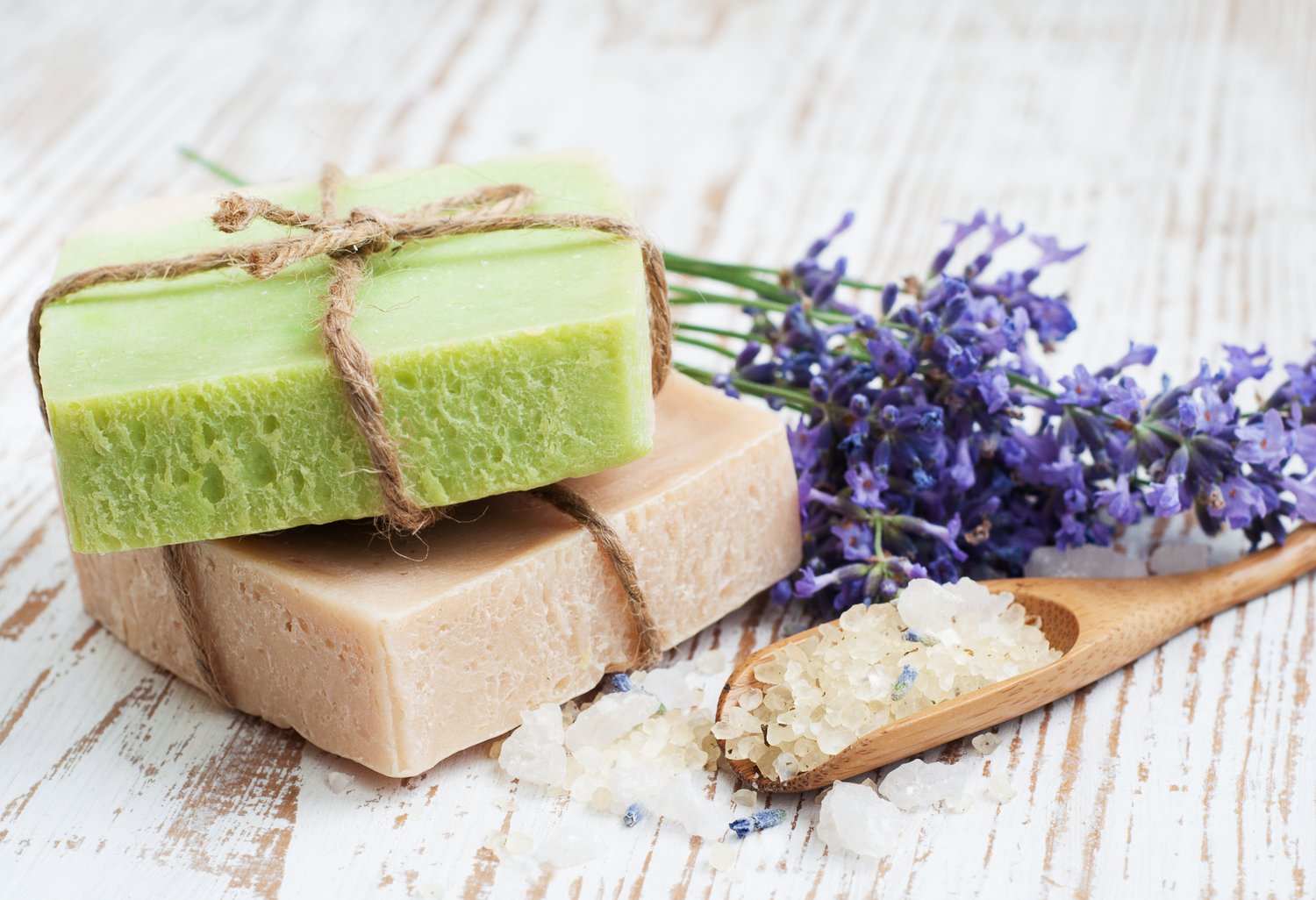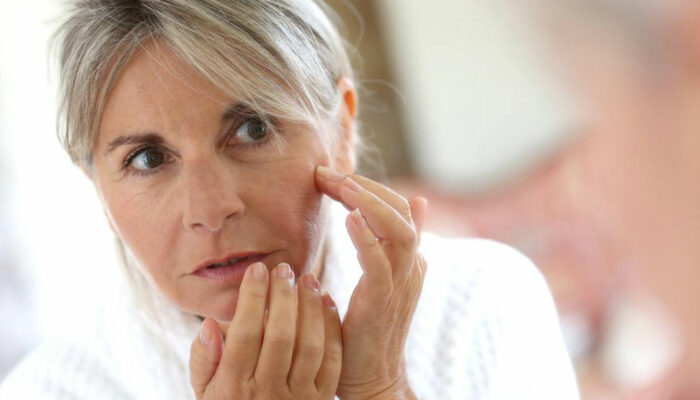
Soaps That Trigger Eczema
Eczema is a word to describe several inflammatory skin conditions, such as atopic dermatitis. Eczema usually appears as a rash, dryness, itchiness, or generally inflamed skin, of which doctors prescribe topical medications and treatments such as Dupixent and Cibinqo. It is not contagious but it can be triggered by several external factors that ignite the immune system, and inflammation follows. Triggers often include skin injuries and irritants such as smoke, soap, and fabrics. Here are soaps that often trigger eczema flare ups:
1. Antibacterial soap
These soaps contain chemicals which kill bacteria. Not all bacteria is harmful, and the skin contains many types. These soaps dry out skin if used too much. That leads to eczema. All of these soaps produce itchy skin. Try a product like Gold Bond Medicated Anti-Itch Lotion. It reduces the symptoms. The more a person itches the worse eczema becomes. This is one way to attack the problem and break the cycle of itching and redness.
2. Soaps with strong fragrance
The bottom line is any fragrance is a trigger for eczema. The stronger fragrances enhance the possibility of starting the cycle of dry skin and itching. Seek out soaps that are fragrance free. A person may like the smell, but there are other ways to make a home smell inviting.
3. Soaps containing cocamidopropyl betaine
This is a chemical product is derived from coconuts and often cause allergies. It is just another way to start the process that leads to eczema. Put this type of soap on the list with fragrances.
4. Botanical soaps
These products have good points, but they also come with fragrances. As mentioned earlier, that is a trigger for eczema. The best soap is just a plain soap without all of the ingredients mentioned in this article. Search out those types of soaps to avoid dry and itchy skin.
5. SOAPS with methylchloroisothiazolinone and methylisothiazolinone
MCI and MI are used as preservatives in a wide variety of products. They can cause allergic reactions, and eczema is one of the reactions. Anyone who has ever suffered any symptoms of eczema should avoid these products. Be careful to read labels. It may take some time and effort to find soaps without these ingredients.
6. Propylene glycol soaps
This product is used to transport ingredients into the skin. It inhibits the growth of bacteria, and it prolongs the shelf life of soaps. That is good for the manufacturer but can obviously trigger eczema. Parents need to be especially aware of atopic dermatitis, also known as pediatric eczema, which begins in early childhood. There is no cure for this condition that exhibits red and itchy skin. Avoid any soaps for infants with this product. Eczema in teens is another concern, and it can be the start of a lifetime of problems. The best course of action is to limit exposure from a young age. It is never too early in life to avoid eczema.
Anyone who has suffered from eczema should be careful with all of the above soaps. Although a particular soap may not trigger symptoms, it should not be used unless tested on a very small part of the skin. They should be avoided when the dry is dry and itchy. Avoiding the condition is better than taking Dupixent dupilumab, a prescription medicine with known side effects that is used to help alleviate the symptoms of eczema.



